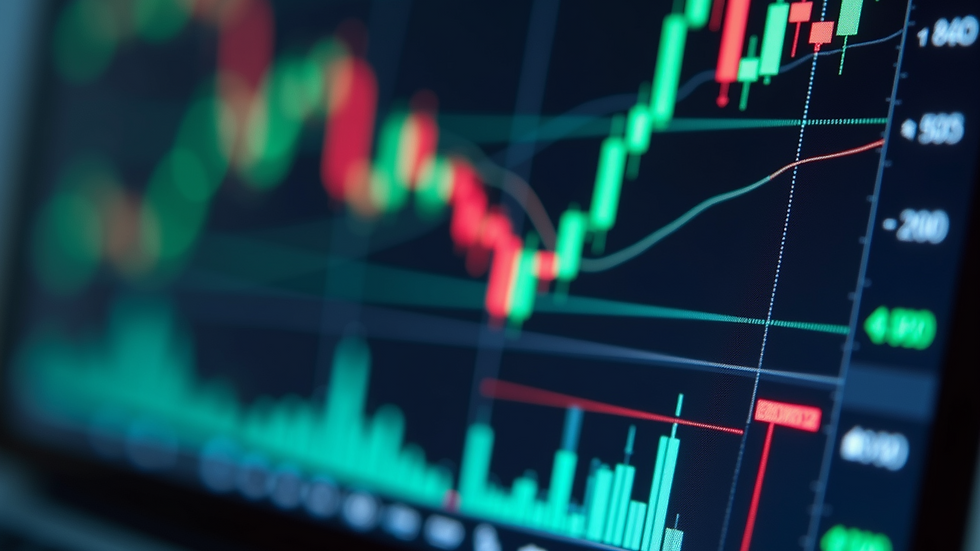Euro-Zone Activity Slows Amid Political and Manufacturing Challenges
- forex368

- Jul 11
- 2 min read
The Euro-Zone has recently experienced a slowdown in private-sector business activity, primarily influenced by France’s political turbulence and a significant decline in manufacturing performance.

The unexpected results from the Purchasing Managers’ Index (PMI) have raised concerns about the region's economic recovery trajectory.
In-Depth Analysis
Market Trends The recent PMI data revealed a composite index drop to 50.8 in June, falling short of analysts' expectations of 52.5. This decline marks the fourth consecutive reading above the growth threshold of 50 but highlights a deceleration in momentum.
The manufacturing sector, particularly in Germany and France, has faced substantial setbacks, reversing some of the gains seen in May.
This indicates ongoing struggles within the Euro-Zone’s industrial base, exacerbated by political uncertainties stemming from France’s snap elections called by President Emmanuel Macron.
Trading Ideas Given the current market conditions, traders might consider the following strategies:
Short Position on EUR/USD: With the euro weakening due to economic and political uncertainties, taking a short position on the EUR/USD could be beneficial. The chart indicates a downward trend, suggesting further depreciation potential.
Long Position on Safe-Haven Assets: As the economic outlook remains uncertain, investing in safe-haven assets like gold (XAU/USD) could provide stability and potential gains amidst market volatility.
Impact on Leveraged Trading Leveraged traders need to be particularly cautious in such an environment. The combination of political instability and economic slowdown increases market volatility, which can amplify both gains and losses.
The recent euro depreciation and bond yield fluctuations underscore the heightened risk levels. It is crucial for leveraged traders to employ stringent risk management strategies, such as setting stop-loss orders and maintaining appropriate leverage ratios, to mitigate potential adverse impacts.
Alternative Investments Beyond traditional forex and CFD trading, alternative investment avenues may offer better risk-adjusted returns in the current market climate:
Exchange-Traded Funds (ETFs): ETFs focused on sectors resilient to economic downturns, such as healthcare or utilities, might provide more stable returns.
Futures and Options: These instruments can offer strategic hedging opportunities. For instance, options on euro currency futures can help manage exposure to currency fluctuations.
Diversified Commodity Investments: Investing in a diversified basket of commodities can hedge against inflation and provide exposure to different economic cycles.
Educational Insights
To navigate these challenging market conditions, traders should focus on:
Technical Analysis: Utilize chart patterns and technical indicators to identify potential entry and exit points. The EUR/USD chart shows a clear downward trend, indicating bearish sentiment.
Fundamental Analysis: Stay informed about economic indicators and political developments that impact market dynamics. Understanding the implications of PMI data and political events can provide a strategic edge.
Risk Management: Implementing robust risk management techniques, including diversification and the use of protective orders, is essential to safeguard against market volatility.
Conclusion
The Euro-Zone's economic slowdown, influenced by manufacturing weaknesses and political uncertainty in France, poses significant challenges for traders. By adopting well-informed trading strategies, leveraging technical and fundamental analysis, and exploring alternative investments, traders can better navigate the current market landscape.
Staying vigilant and adaptable will be key to making informed decisions and achieving successful trading outcomes in this volatile environment.




